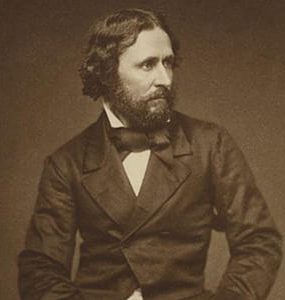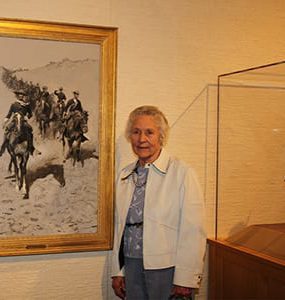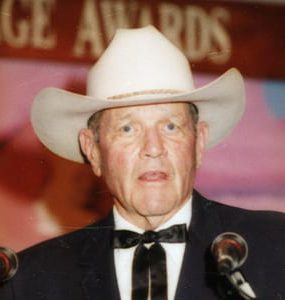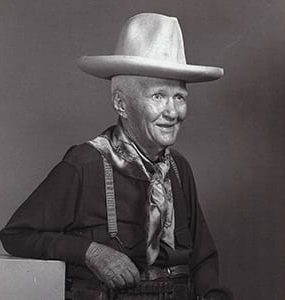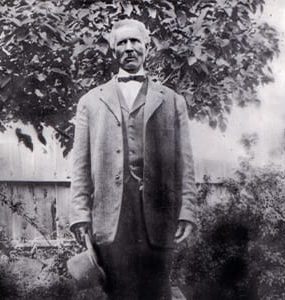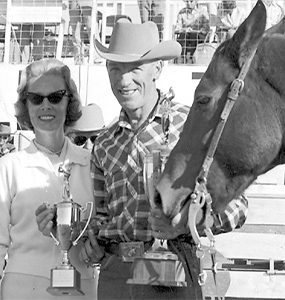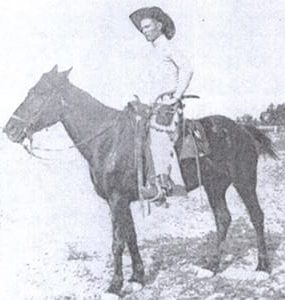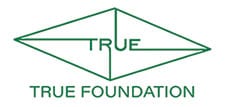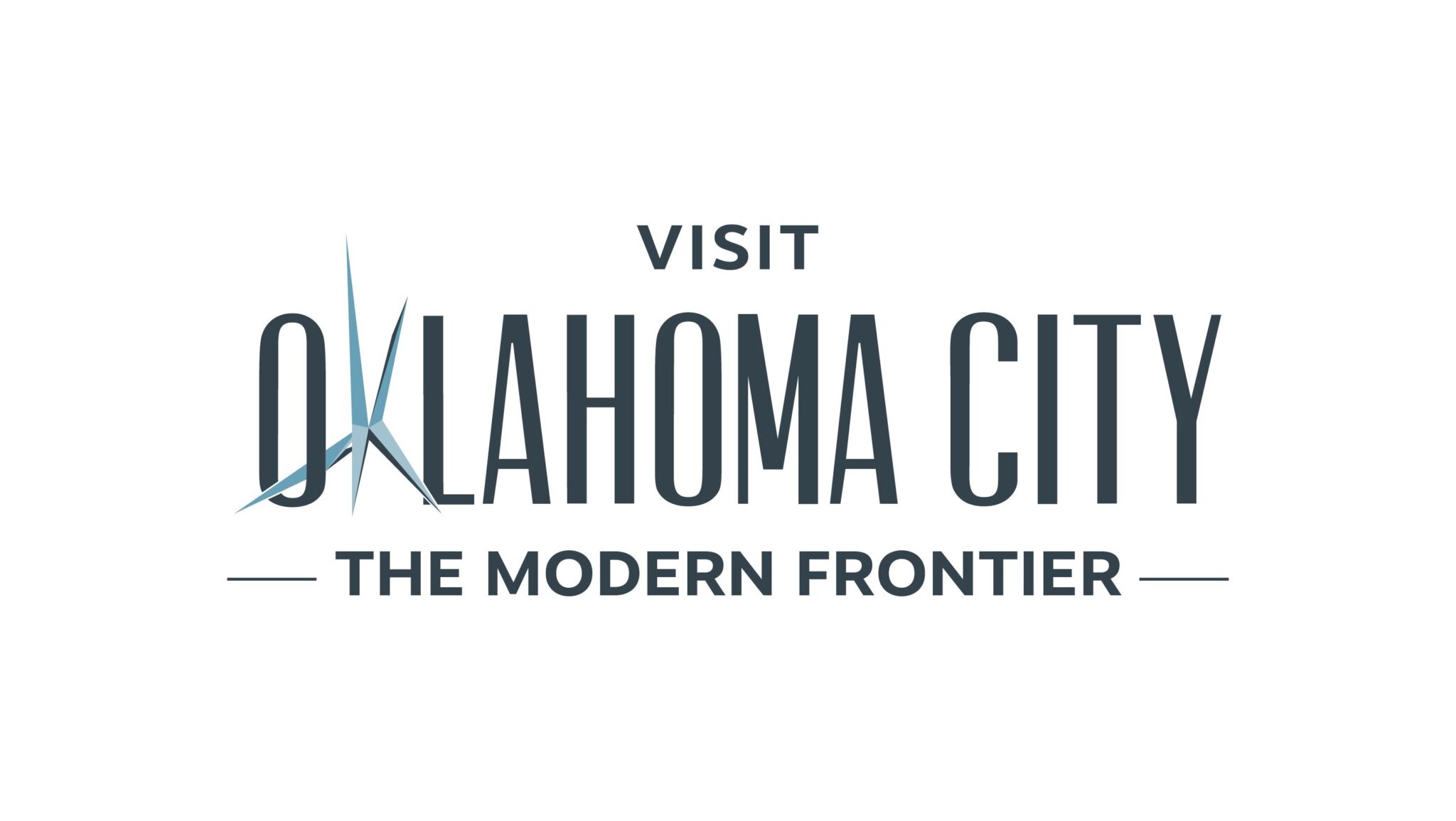Bio
John C. Frémont (1813–1890) was an American military officer, explorer, and politician, often called “The Pathfinder” for his significant role in the westward expansion of the United States. Born in Savannah, Georgia, Frémont joined the U.S. Topographical Corps and led several expeditions into the American West, mapping and exploring the Rocky Mountains, the Great Basin, and the Pacific Coast. His detailed reports and maps, co-written with his wife Jessie Benton Frémont, were widely read and helped inspire the nation’s enthusiasm for Manifest Destiny.
Frémont played a key role in the American conquest of California during the Mexican-American War. In 1846, he led the Bear Flag Revolt, helping to establish the short-lived California Republic. After the U.S. annexed California, Frémont briefly served as military governor but was court-martialed for insubordination after a dispute with a superior officer.
In 1856, Frémont became the first presidential candidate of the newly formed Republican Party, running on an anti-slavery platform. Although he lost the election to Democrat James Buchanan, his candidacy helped define the Republican Party’s early identity.
During the Civil War, Frémont served as a Union general but was relieved of command after issuing an unauthorized emancipation order in Missouri, which angered President Lincoln. After the war, Frémont engaged in business ventures, though many were unsuccessful.
Frémont’s legacy is tied to his role in opening the West to American settlers and his early stand against slavery. He died in New York City in 1890.

